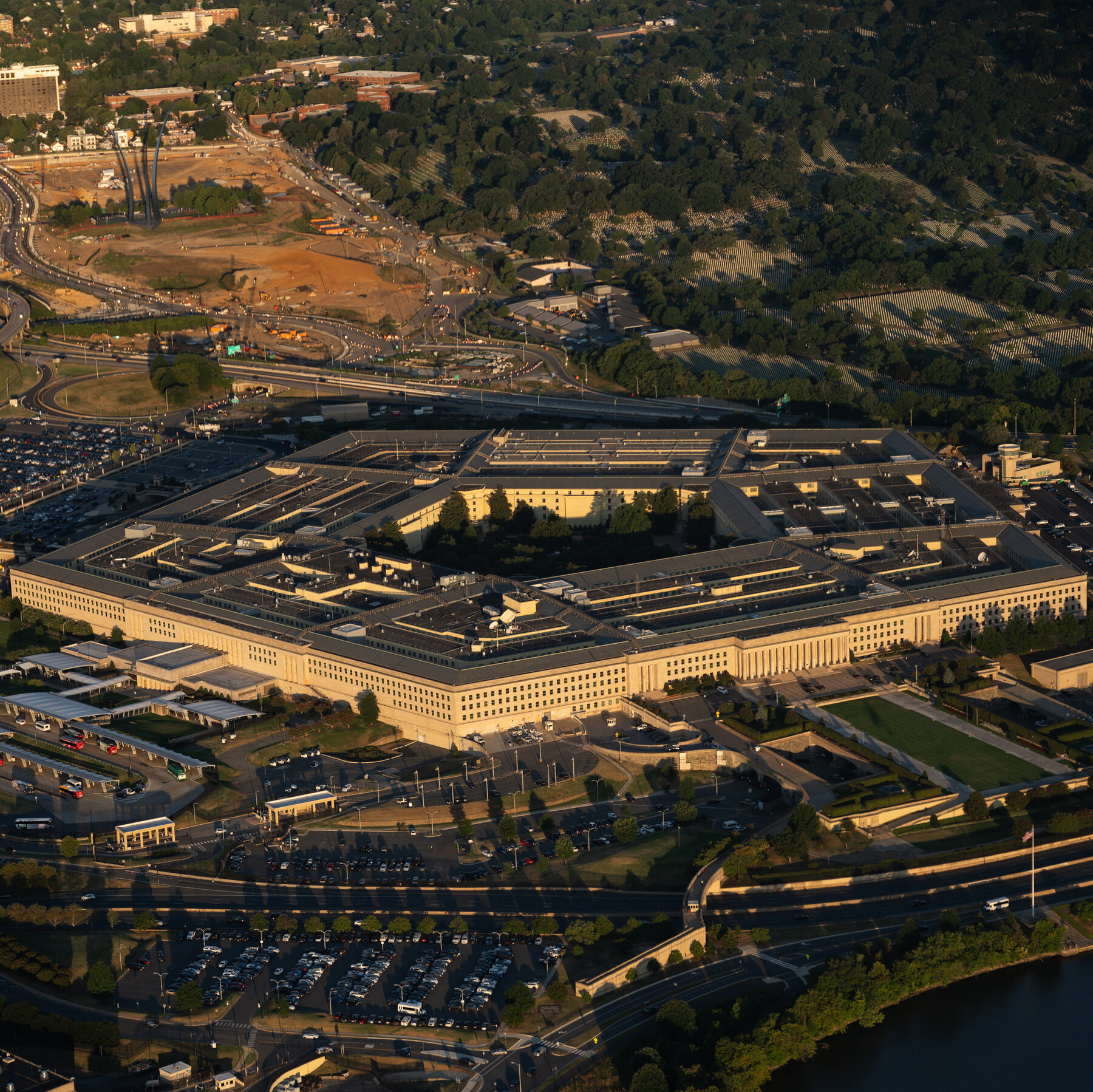At a Shared Symbol of Jihad, the Taliban Defy Their Old Ties With Pakistan
Rising Tensions Over a Contested Shrine
Since the Taliban seized power in Kabul, the Pakistani military—once a steadfast ally—has found itself on the opposite side of a growing diplomatic rift. The flashpoint is the historic shrine of Imam Ali’s shrine in the border town of Spin Bala, a site both nations have long hailed as a symbol of shared jihadist heritage.
Afghan Officials Issue a Stern Warning
In a series of televised statements, Afghan foreign minister Hibatullah Akhundzada accused Pakistan of “interfering in Afghanistan’s internal affairs” and warned that any further attempts to exploit the shrine for political gain would be met with “firm resistance.” The minister’s remarks came after Pakistani troops were spotted conducting a joint patrol around the shrine, prompting accusations of a covert operation to re‑assert influence.
Pakistan’s Counter‑Narrative
Pakistani army chief General Asif Ghafoor dismissed the Afghan accusations as “baseless propaganda,” insisting that the presence of Pakistani soldiers was purely protective, aimed at preventing extremist groups from using the holy site as a recruitment hub. He emphasized that the two countries have a “long‑standing brotherhood rooted in the struggle against foreign occupation.”
Historical Context of the Alliance
The Taliban’s rise was significantly supported by Pakistan’s Inter‑Services Intelligence (ISI), which provided training, arms, and logistical aid throughout the 1990s and early 2000s. In return, the Taliban allowed Pakistan to use Afghan territory as a rear base for its own strategic objectives. This symbiotic relationship began to fray after the Taliban’s 2021 takeover, when Kabul started pursuing an independent foreign policy that often clashed with Islamabad’s regional ambitions.
Impact on Regional Stability
Analysts warn that the escalating hostility could destabilize the fragile peace in the broader South‑Asian region. Dr. Aisha Rahmani, a senior fellow at the Central Asian Institute, noted that “the shrine dispute is merely the tip of the iceberg; underlying grievances over water rights, border demarcation, and refugee repatriation are poised to erupt if diplomatic channels remain closed.”
International Reactions
The United Nations has called for “immediate de‑escalation” and urged both governments to engage in “constructive dialogue” over the shrine’s status. Meanwhile, the United States, still maintaining a limited presence in Afghanistan, issued a statement urging “regional powers to respect Afghanistan’s sovereignty and avoid actions that could inflame existing tensions.”
Looking Ahead
With both sides entrenched, the future of the shared symbol of jihad hangs in the balance. Observers suggest that a negotiated joint‑custodianship of the shrine could serve as a confidence‑building measure, but only if both Kabul and Islamabad are willing to set aside historic grievances and prioritize regional peace over partisan ambitions.





